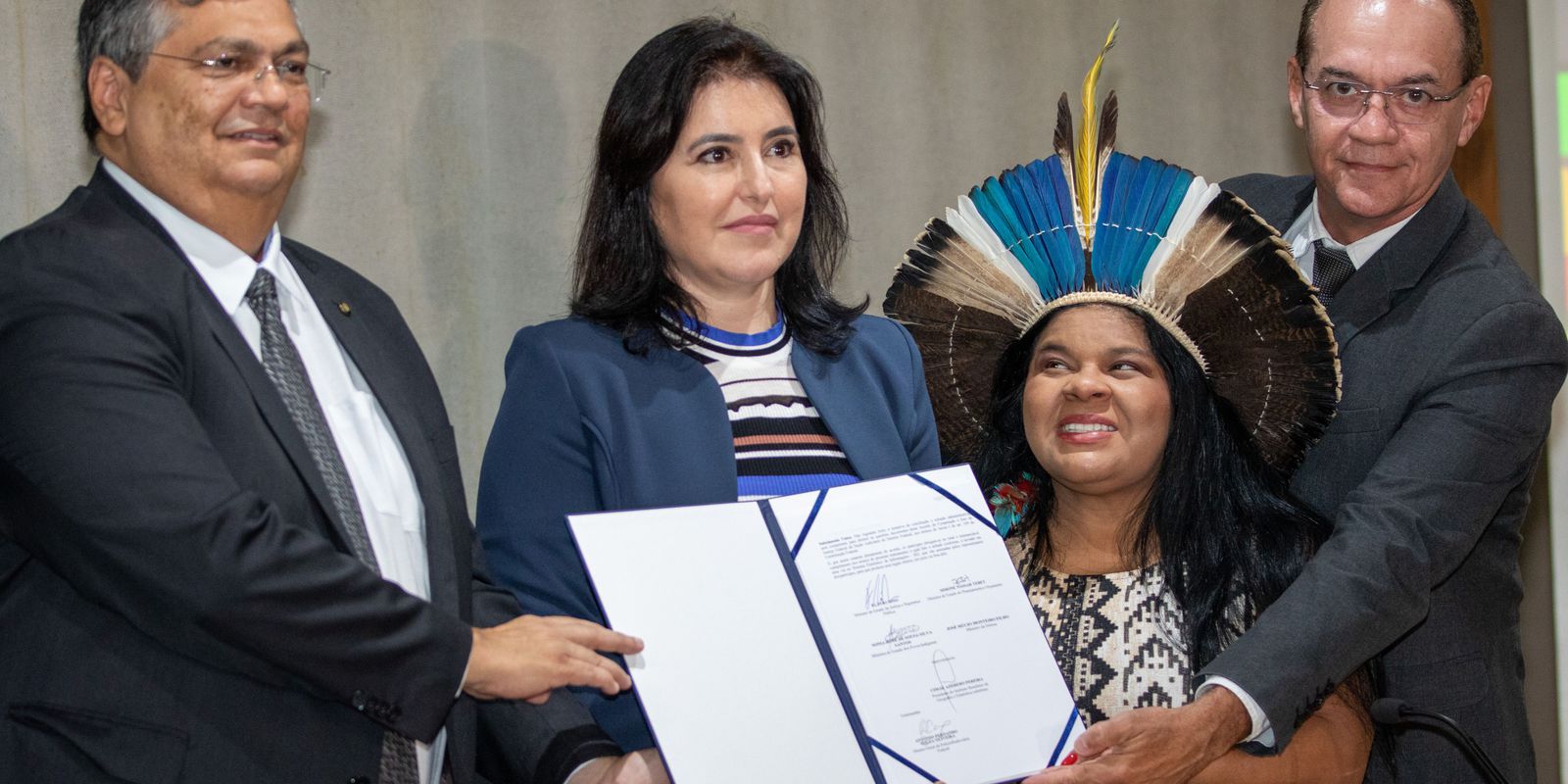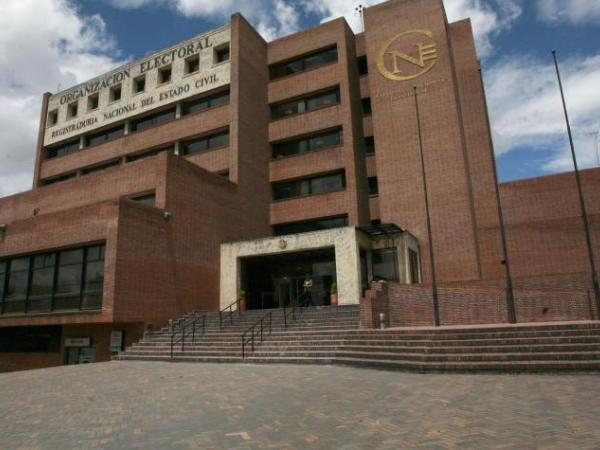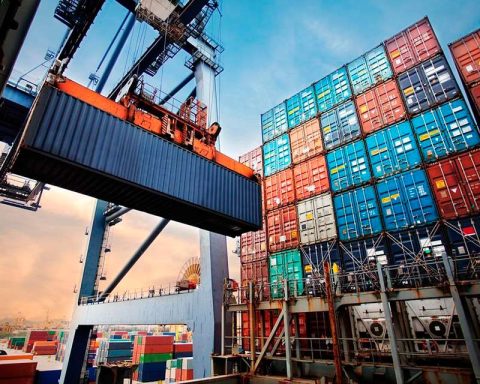The Brazilian Institute of Geography and Statistics (IBGE) will have the support of the Ministries of Justice, Planning, Native Peoples and Defense to complete the Demographic Census of the Yanomami indigenous land. The interministerial cooperation term was signed this Thursday (02) by ministers Flávio Dino, Sônia Guajajara and Simone Tebet. The Minister of Defense was represented by General José Eduardo Pereira. 
The operation will begin next Monday (6th) and is expected to be completed in 20 to 30 days, depending on weather conditions for access to the region. The census takers have already collected data from 50% of the inhabitants of the territory. According to the IBGE, the remaining half of the population lives in particularly complex access areas.
During the ceremony, Flávio Dino highlighted the importance of the Yanomami census for guaranteeing indigenous rights and combating misinformation. “We are facing census denialism, which is one of the perverse forms of these multiple denialisms that have been implanted in our country. We celebrate the national anthem and say our homeland, the kind mother of the children of this soil. Very well, for her to be kind, it is We need to know where the sons and daughters of this country are and who they are. And only the census can answer that”, stated the Minister of Justice.
The Minister of Justice also criticized the situation of abandonment of the Yanonami peoples and classified what has been taking place in the region as genocide. “The law that deals with genocide in Brazil in this case explains that the death of hundreds of people and children due to omissions, intentional or culpable, falls within this concept, unfortunately, and we are here saying that the time of lawlessness in the Amazon is over in Brazil and in the Yanomani territory”.
For Minister Sônia Guajajara, the calamity in which the Yanomami people find themselves is a reflection of the abandonment of public power, and the problem has been accentuated in the last two years. “Yanomami children today die of malnutrition, mercury contamination, malaria, diseases considered treatable. They were left there completely abandoned, at the mercy of their own fate”, criticized the minister.
In this sense, Guajajara said that the census of the Yanomami people will be essential to know the real situation of the population, as well as the needs for medical care, distribution of food and other basic needs. “It is an area of difficult access, the territory is very large, the communities are very spread out and the IBGE has found it difficult in terms of structure, logistics, to reach the most remote areas. So, this front is very important, so that we can can count and know what our population is and what needs to be done in each place”.
The minister of planning, Simone Tebet, highlighted the importance of the work of the Brazilian Institute of Geography and Statistics (IBGE) in making a diagnosis of the situation of the Brazilian population and, specifically, of the Yanomami people. “Few institutes do these studies showing who we are, how much we are, how we live, what are our expectations, our dreams, our hopes. That’s what the IBGE will say: how many children are there, how many elderly people are there, what are the that we can make a historical comparison of the last ten years.”
Minister Simone Tebet also made a parallel about the gold taken by the Portuguese during the colonization of Brazil and the illegal extraction of gold from indigenous reserves in the Amazon, which is later sold abroad. “Unfortunately today, gold is often taken out of the country illegally, without any criteria, contaminating rivers, contaminating the soil, contaminating forests and contaminating our children.”
According to the interim president of the IBGE, Cimar Azeredo, the expectation is that 10,000 to 15,000 Yanomami indigenous people will be registered in the month of March. So far, census takers have collected data from 21,579 people living in Yanomami territory in Roraima and Amazonas. In all, IBGE estimates a contingent of 38 people to ensure data collection. The teams will use, in different shifts, three Federal Highway Police (PRF) helicopters.

















